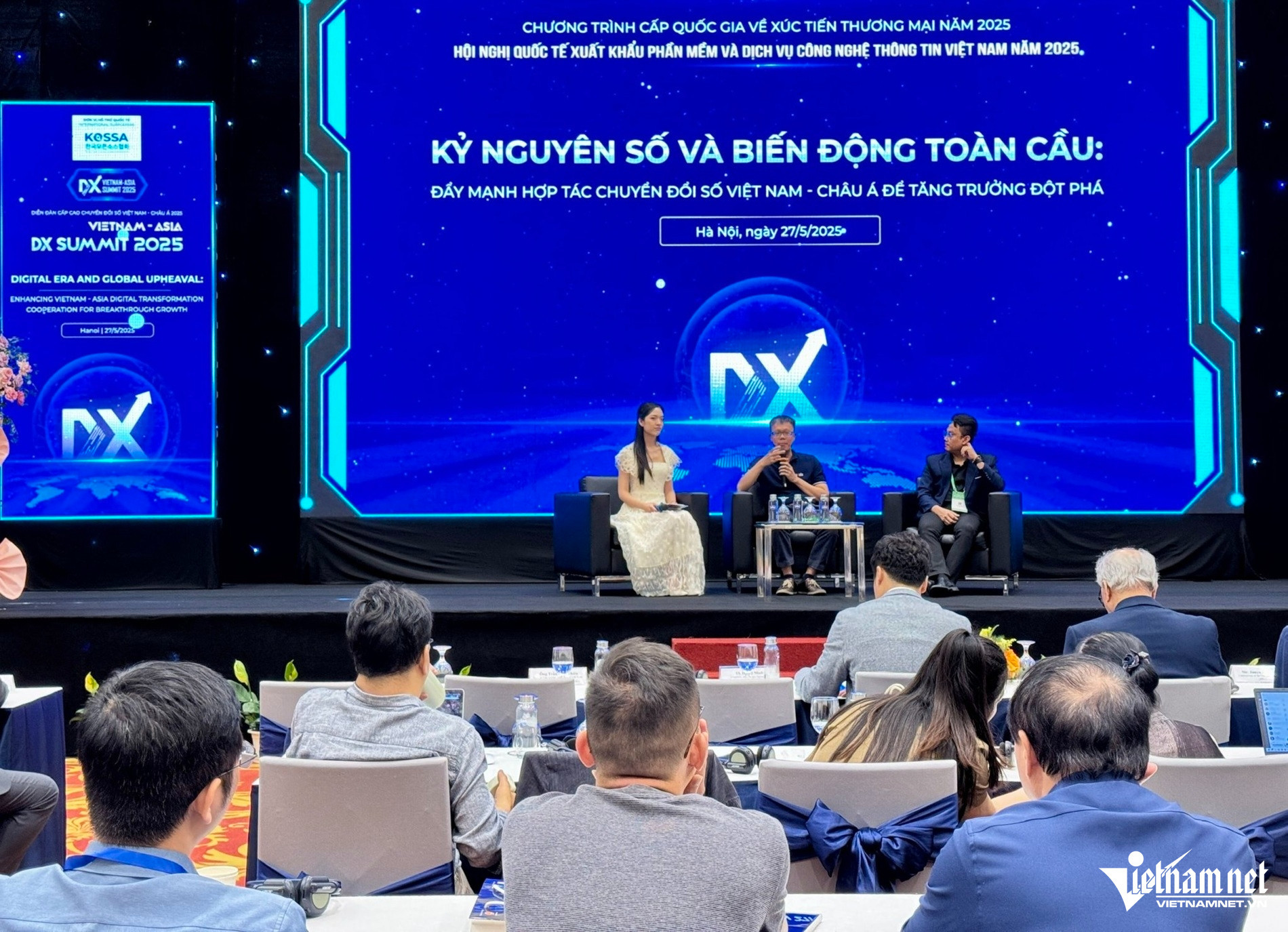The announcement was made by Le Hoang Phuc, Director of the Da Nang Center for Microchips, Semiconductors, and Artificial Intelligence (DSAC), during the Vietnam - Asia Digital Transformation Summit 2025 on May 27.

The summit featured a seminar titled “The Digital Era and Global Volatility: Boosting Vietnam - Asia Cooperation for Breakthrough Growth”, where Phuc discussed Vietnam's semiconductor industry strategy and Da Nang’s ambitions.
Although the DSAC was only established 1.5 years ago, it has already seen promising achievements thanks to three key factors. First, Da Nang offers attractive policy mechanisms supported by a strong commitment from city leadership and a streamlined administrative model with one dedicated focal point for industry coordination.
Second, the Vietnamese government’s Resolution 136, passed in June 2024, provides special mechanisms to support Da Nang’s urban governance and encourages the development of AI and semiconductor sectors, including a five-year personal income tax exemption for professionals earning up to 35% in taxes. This incentive is helping attract talent back to Da Nang.
Third, Da Nang currently hosts four out of seven national ICT industrial zones - a significant advantage in developing its tech ecosystem.
Satellite Internet and semiconductor ambitions
A highlight of Phuc’s remarks was the confirmation that Starlink will soon be available in Da Nang, serving as Vietnam’s first satellite Internet project. Alongside its data center and two international submarine fiber optic cables, Starlink will further reinforce Da Nang’s digital connectivity infrastructure.
While acknowledging the difficulty of becoming one of Vietnam’s top three semiconductor hubs, Phuc emphasized that the city is moving step by step toward that goal.
Upcoming plans include the groundbreaking of an advanced packaging lab staffed by Vietnamese experts returning from overseas. Rather than competing with regional semiconductor centers like Penang (Malaysia) or Hsinchu (Taiwan), Phuc said Da Nang seeks to be “a good friend” that collaborates and learns from others.
To remove barriers to investment, DSAC has established a dedicated task force and streamlined online services for investors.
Bridging academia and industry
Addressing the talent gap between academic training and industry needs, Da Nang has partnered with major technology firms such as Nvidia and Intel. Initiatives include shared labs, faculty development scholarships, and significant investment in lab equipment to support both universities and companies.
Phuc also shared a unique initiative launched in 2024 to break the "chicken-or-egg" cycle of companies requiring experience from new graduates. DSAC offers financial support to companies to encourage them to hire students, while also providing a working environment and internships for students to gain real-world experience. DSAC operates much like a tech incubator.
He concluded by emphasizing the importance of a three-way partnership between government, academia, and industry. With the government playing a catalytic role, Phuc believes such collaboration will yield tangible results in the development of Vietnam’s AI and semiconductor industries.
Du Lam